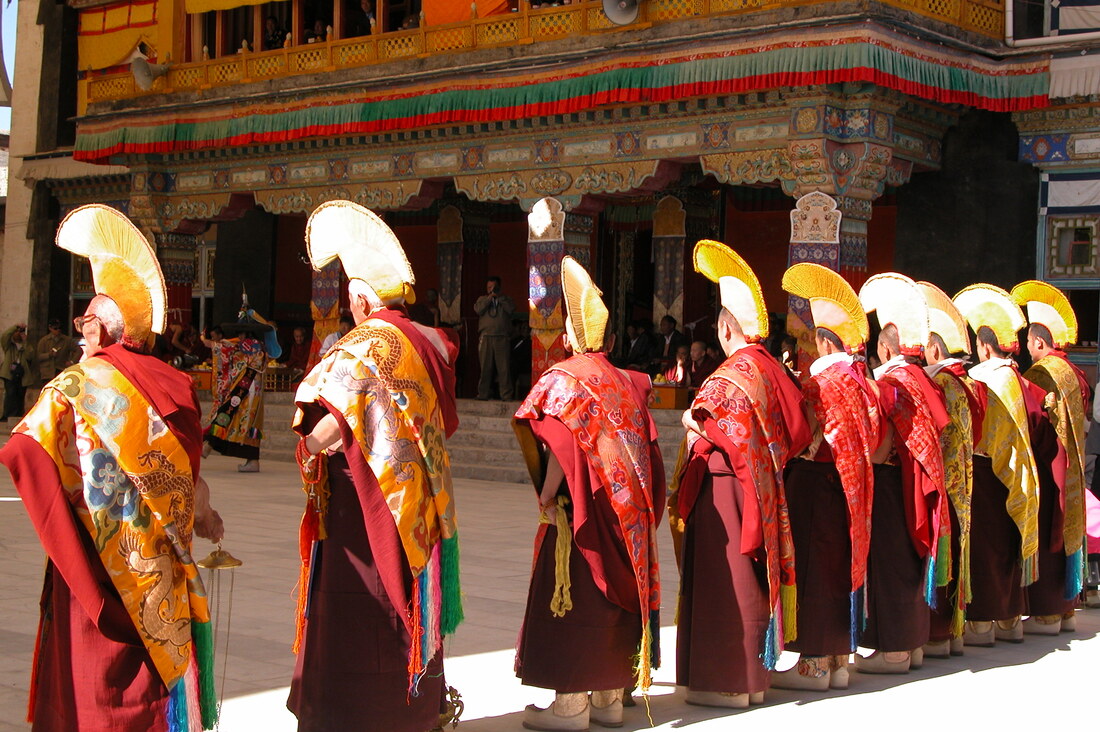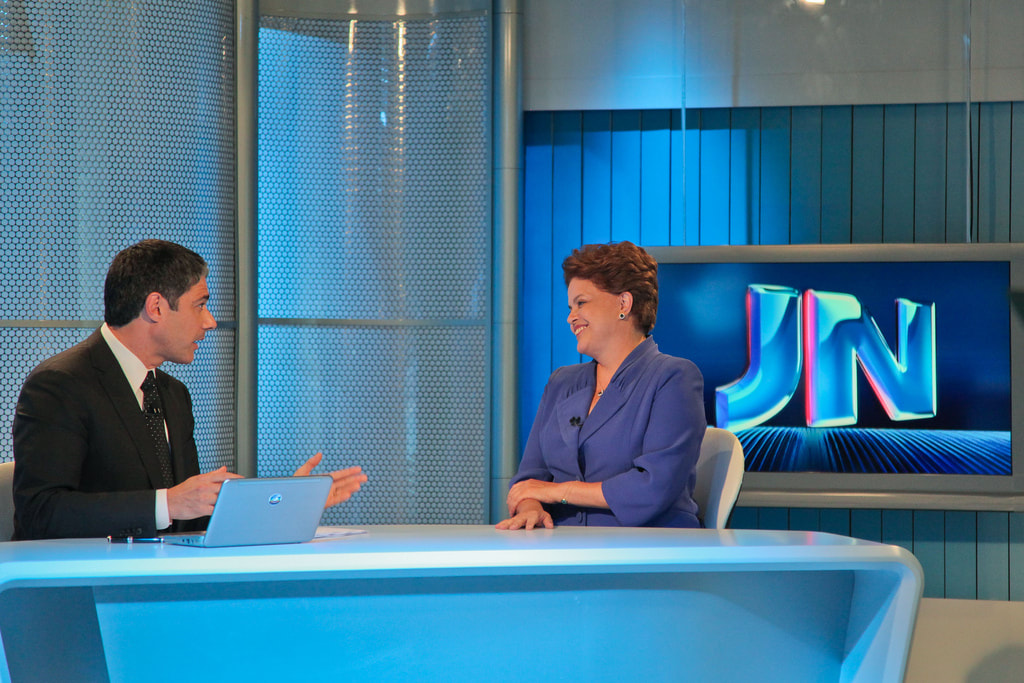|
By: C. Oldfield China’s communist government has had a long-standing, standoffish attitude towards the Buddhist community of Tibet. The government has since demanded total control over all areas of China. Unfortunately for them, the region of Tibet, located in the west of the country, has always been under control both spiritually and politically of the leader of the Buddhist religion, The Dalai Lama. Over 50 years ago the Dalai Lama was forced to flee China to India, after a failed Tibetan Revolt in order to gain independence from China’s oppressive government, where he now resides under threat of arrest.
While in exile, the Dalai Lama, Lhamo Thondup, who is 84 years old now, elected a new Panchen Lama, who would in turn then select the new Dalai Lama after the current one’s death. The Panchen Lama that Lhamo Thondup selected was 6 years old at the time, and 3 days after the Dalai Lama’s selection, the boy and his family were kidnapped. The Panchen Lama, Gedhhum Cheokyi Nyima, has never been seen or heard from again and following his kidnapping, the Chinese Government announced a new Panchen Lama Gyaincain Norbu, who was given the titles of Cheokyi Nyima following his “disappearance”. Gyaincain Norbu, although born in Tibet, moved to Beijing when he was very young and was brought up and educated in Beijing in the “Proper Chinese way”. In the past 8 years, 150 Tibetans have self-immolated in order to protest the heavy-handed oppression brought upon them by the Chinese government. It is believed by many that should the Chinese government continue in this fashion, then the Buddhist religion may eventually die out. The Dalai Lama himself has stated that he might choose to not reincarnate in order to avoid the power associated with the name Dalai Lama falling into the Chinese Government’s hands. The Chinese have gone to great lengths in order to desecrate the Buddhist religion whilst also profiting from it. For instance, the Shaolin Monastery, arguably one of the most famous Buddhist monasteries, no longer focuses on the Buddhist spiritual nature of it, but instead it is now completely focused on the art of Kung Fu. This change has happened during the decades of the Chinese government’s control over the temple. The Chinese government had even boarded off the incense burners that were intended to aid in meditation. Few monks if any at the monastery are involved spiritually with the Buddhist faith, most are simply practitioners of Kung Fu, whose job is to entertain and teach visitors for a price. This corruption of the ancient faith is blamed entirely by most experts on the oppressive stance the Chinese government has taken towards Buddhism in the country.
0 Comments
By: S. Costa Franco News stations constantly updating the public, schools closing, heightened awareness about hygiene precautions and parents desperately concerned for their children's health. But what could possibly be the cause of all the commotion? Surely, we have all heard about it, the infamous coronavirus. Ever since the outbreak that started in China around the end of 2019, the coronavirus has been a raging topic in every news source, and it is spreading rapidly.
Coronaviruses (yes, there are more than one), are a group of viruses that infect people and animals, meaning they are zoonotic. Some viruses cause illnesses which can be nothing to worry about, such as the common cold, but others can result in serious respiratory infections. The type of coronavirus that has currently been affecting many civilians is called the COVID-19. Some coronaviruses are already known, but this novel virus has never been seen before, and so, dealing with it in the best manner possible has been a challenge. It is important to understand the events that occurred after the outbreak to better deal with the situation. Here is a brief timeline of events:
Some symptoms of this infamous disease include:
This outbreak, however, does have multiple impacts on the global economy. The United States, for example, is facing a decrease in tourism and delays in supply chains, which are important aspects of the country's economy. In China, the outbreak has caused major issues in the global trade, and those that rely on the Chinese supply chains are hoping that the temporary mess is sorted. The disruptions in the supply chains could slow the sales of prominent companies such as Apple and Microsoft, and stock markets have lowered during this week related to fears about the virus. Could this virus outbreak stunt the economic growth of certain nations? The effects of the coronavirus are not solely economic, though. This outbreak is also severely affecting the world of politics. Many voters have questioned whether they should vote for President Trump due to inquiries about his capability to handle this crisis and his credibility when saying that the situation is under control. Multiple nation leaders, such as President Moon Jae-in of South Korean and Japanese prime minister Shinzō Abe, have been heavily criticized on their handling of the situation and prevention of increasing cases. Now, after learning information about the virus itself, it is important we learn how to prevent further spreading. We have all been told this, but the simplest and quite effective way to help prevent the coronavirus from spreading is to wash your hands regularly before meals, after using the restroom, and after being in public places or boarding public transport. However, when washing hands is not possible, it is important to carry some hand sanitizer in your bag is very important. Attempting to avoid your hand having contact with your eyes and mouth as much as possible can also be significant when preventing the illness. Most people think that wearing surgical masks will prevent the spreading of the disease, but this is not the case; only those that are infected and the medical professionals that cure the patients should be wearing masks. Also, if someone notices the symptoms of the illness and believes they have this type of coronavirus, they should avoid going to public areas, including hospitals, as this could certainly cause the illness to spread. The ideal move is to call a doctor, and they should orient the patient on future steps. It is important to be aware of the virus and try the simple steps mentioned above that can be practiced by all to help contain it. However, once again, there is no need to panic or go into a state of turmoil. It is fundamental to remember that if everyone is more cautious when it comes to coronavirus and has a calm approach to dealing with it, everything will remain under control. By: T. Pacini Since the start of the Coronavirus pandemic, the markets have been concerned. That early concern was shown to be justified; once it became clear this was not a Chinese phenomenon and there would be no quick economic rebound, markets dived and are at risk of breaking down. The Ibovespa, the Dow Jones, the S&P and the Nasdaq indices have all fallen at least 25% from records high registered in February. This is the worst crisis since 2008 and threatens to have the impact equivalent to the Wall Street Crash of 1929.
Those actively trading the market have had plenty of time to get their money out. Sure, maybe not at the top, but they will likely have made money after a decade of stock market gains in the U.S. However, those with money invested in pension funds and the like will not have been so lucky. Governments all over the world have been trying to support markets, or at least provide liquidity, but the fact is until we know how bad the Coronavirus health crisis will get, we can’t be sure that the markets have bottomed out. In the meantime, markets are on a wild ride; prices tank, circuit breakers are tripped, only for further losses or wild recoveries ensure. What is an investor to do? Most analysts recommend not joining this wild ride just yet! |
Categories
All
Archives
June 2024
|






